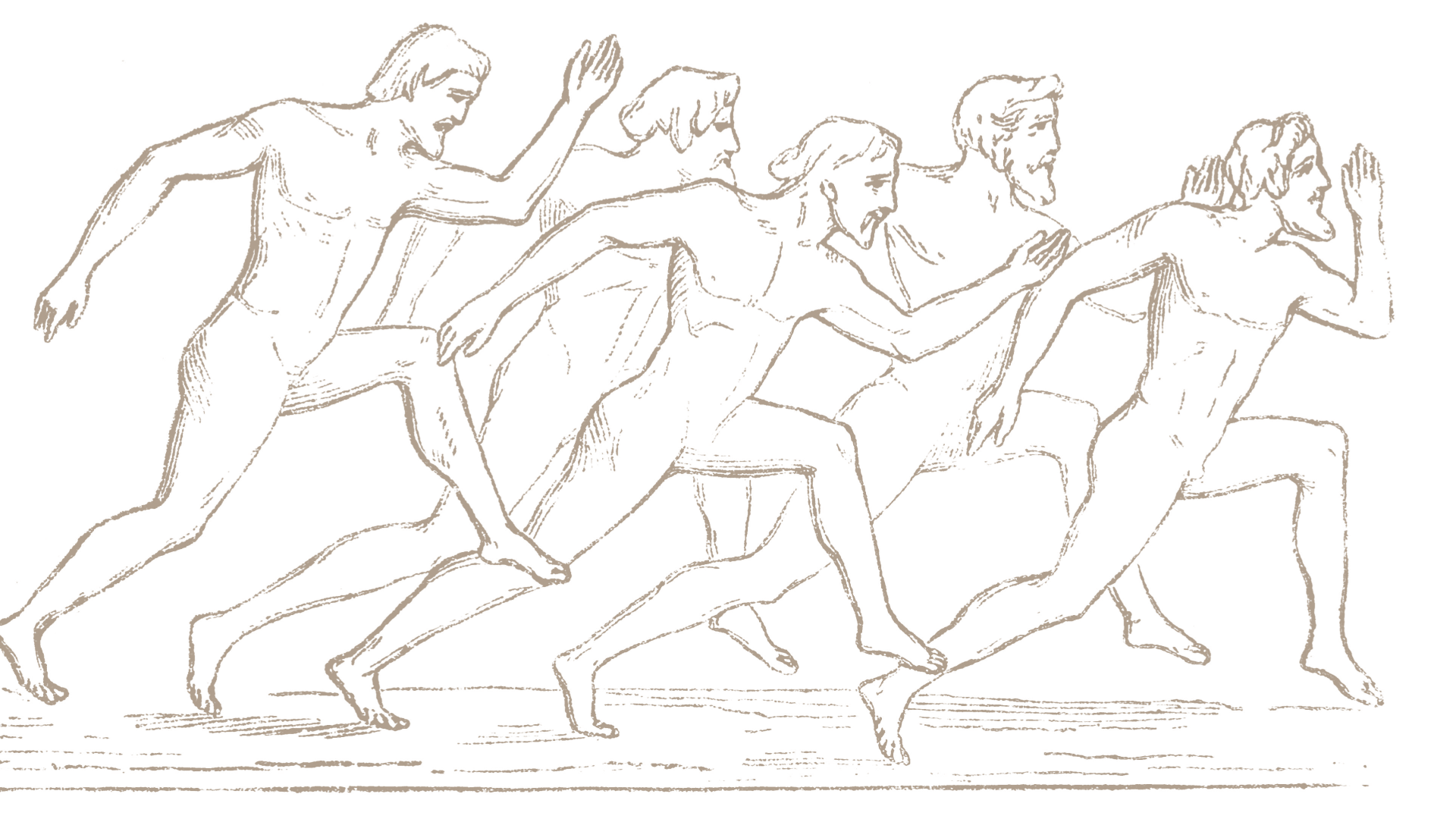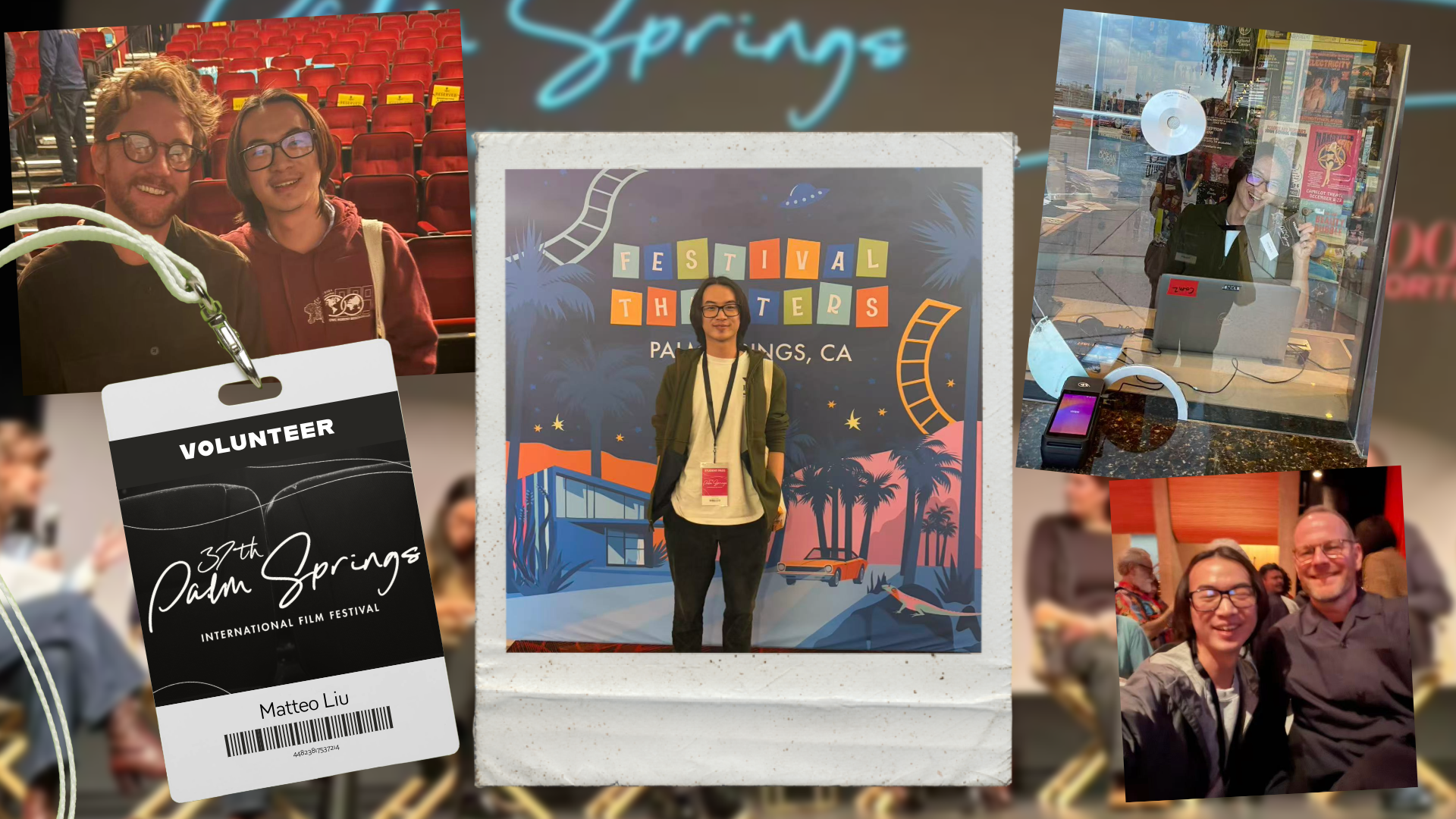Close to History: New Class Explores the Musical Traditions of the Nearby Southern Appalachians
May 19, 2015
When you think of traditional "mountain music," what comes to mind? Bare feet and banjoes? The ber-na-neer-neer riff from Deliverance? Moonshine?
A new class this spring aimed to combat those common misconceptions and to spotlight a specific sub-genre of mountain music-that of the southern Appalachian region-complete with its rich history, nuanced instrumentals, and amazing survival against all odds.
J. Estes Millner Professor of Music Bill Lawing designed the class and took full advantage of Davidson's proximity to the epicenter of traditional southern Appalachian music heritage, bringing to class multiple guest musicians and requiring students attend nearby live music performances.
"The concerts and guest performances allowed us to get a ‘vibe' for the music early on as we worked to build intellectual context for it over the course of the semester," Emily Rapport '16 said. "Having a sense of the music and the people really informed our study," she said.
A Seed of Inspiration
A North Carolina native on both sides of his family, Lawing grew up surrounded by Appalachian music, but never paid it much attention, he said. He too had misconceptions about the genre, considering it recreational and amateurish–assumptions he now knows were flawed. About a year and a half ago, Lawing heard the new-American folk trio Kruger Brothers open for the Western Piedmont Symphony Orchestra (of which Lawing is a part) and he was struck by the music in a profound way.
"It was unexpected, like a punch in the face, and it got me thinking," Lawing said. "I was listening to virtuoso musicians on banjo and guitar, performing original music in a genre I never took seriously."
That performance planted a seed that grew into research into the genre and ultimately development of the course, Traditional Music of the Southern Appalachians.
"I love developing courses," Lawing said. "It allows you to explore a curiosity, but to do it with academic substance–that's the real challenge."
The class explores the history, music, and musicians of the foothills and mountains of North Carolina and focuses on a musical style passed down through oral tradition, unaltered by radio and recordings.
Location, Location, Location
"We're only about 50 miles from the heart of the music," Lawing said, "which means we have highly-gifted, highly-professional musicians, all within a two-hour drive."
The southern Appalachian music tradition was brought to the United States by Scots-Irish immigrants in the 18th century who, finding all the good land in Pennsylvania and surrounding areas was taken, headed south and eventually settled in the N.C. piedmont and mountains. The group was poor and isolated both culturally and geographically, and yet their strong musical traditions survived undisturbed for more than 150 years.
The folk revival of the 1960s brought some new interest in the genre, led by artists and collectors such as Mike and Pete Seeger and Alan Lomax, among others, and artists today continue to carry the torch, performing pieces from their musical heritage to growing crowds and receiving due recognition of their musical talents.
Lawing brought seven such artists to class during the semester to share their life experience and their craft. Guests included:
- Laura Boosinger, director of the Madison County Arts Council, singer, banjoist
- Sheila Kay Adams, ballad singer and storyteller, 2013 NEA Folk Heritage Awardee
- Josh Goforth, fiddler, storyteller, ballad singer, educator
- Riley Baugus, banjoist
- Phil Jamison, folk dancer
- David Tweedie '94, fiddler, folk fiddling expert
- The Kruger Brothers
All About the People
"This course is meaningless unless you have live bodies," Lawing said.
Josh Goforth, a Grammy-nominated native of Madison County, first learned music aurally, and later taught himself music theory, he said.
"Learning about Appalachian music not only showcases the genre, but also informs students' study and understanding of other musical traditions that have been influenced by the story-telling ballad style," he said. "It's so important to showcase that connection and also to get young people fired up about it. It's so real, so raw, so in-your-face, so exciting."
Goforth continues to perform music and also teaches, opening students' eyes to the nuance and history in traditional mountain music-all things he learned the traditional way, from sitting and playing with members of the older generations.
"Above all, the music is about the people," Goforth said, "It's not just that my grandfather sang a ballad, it's about who he is. What Bill [Lawing] has done-bringing in artists-that's the way to do it," Goforth said.
Lawing was able to bring in musicians with support from a Bacca Foundation grant, and received a Davidson Research Initiative grant to take his students to Merle Fest, a festival in Wilkesboro, N.C., that features old-time folk music, blue grass, newgrass and more.
Something for Everyone
A New York native, Arielle Korman's '17 interest in Appalachian music is one of the big reasons she wanted to come to Davidson, she said. A global literary theory major, she also plays violin and guitar. For her final project in Lawing's class, she taught herself clawhammer banjo.
Every student in the class was required to create and present a major project of their own design-the most weighted component of the class. Some students, like Korman, chose to learn new instruments. Others chose to focus on family histories–those of their own families or others'. Caroline Bell '17 traveled to Virginia to interview her paternal grandparents about their North Carolina and Scots-Irish roots, and made a video documenting the trip.
Rapport is an English major from Ohio with little musical background. Her interest in the class was primarily cultural, she said. She studied abroad in Nicaragua during the fall semester, and being immersed in another culture like that made her more curious about what makes N.C. culture unique, she said.
"There is such a small world of people who know a lot about this music," she said, and for her final project for the class, Rapport traveled to Weaverville to interview Donna Ray Norton, an eighth-generation ballad singer who works to balance an 18th century tradition with a 21st century life.
"I liked the idea that changes in our culture might change the ways this music is learned moving forward, and I wanted to explore that further," she said.
Lawing plans to offer the class annually.
"It's the kind of class that would have been great anywhere, but wouldn't have the same power that it does here, being so close to the region and the people," Korman said.



